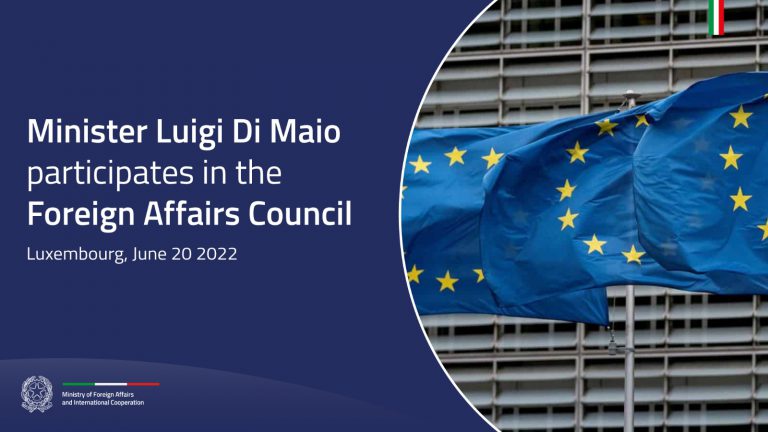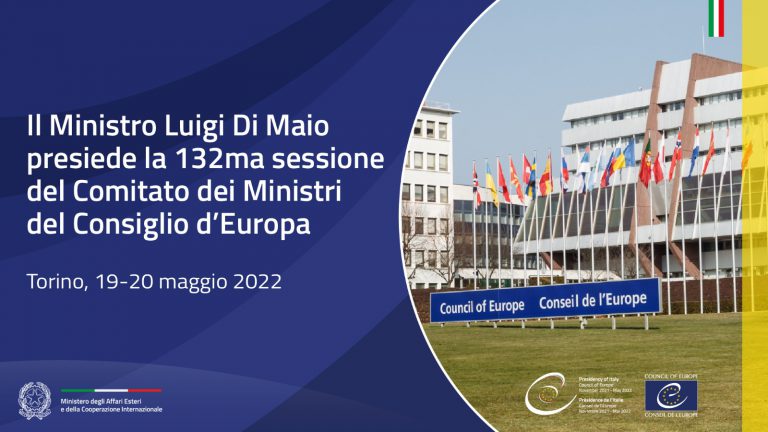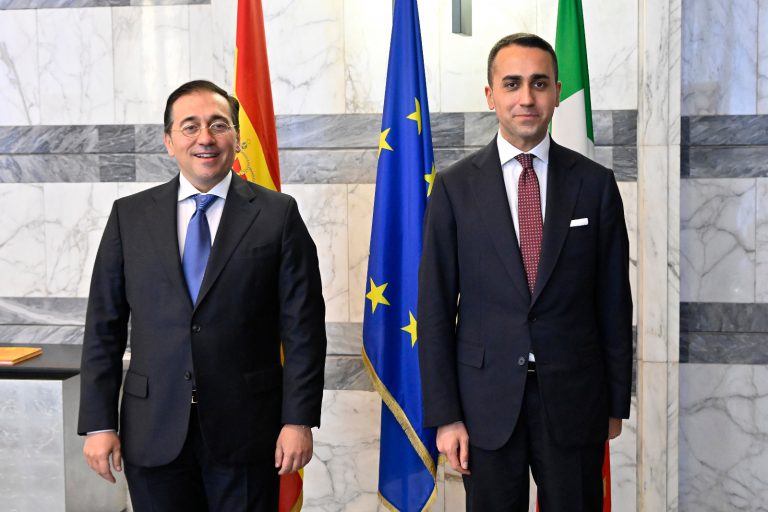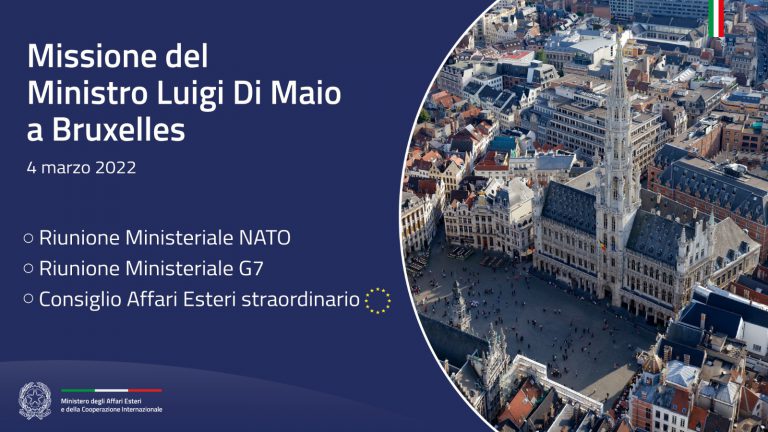Exports? “2012 was a good year, and the Foreign Ministry has put in place – and will continue to do so – a number of initiatives to help businesses, with a view to increasing the impact of exports on Italy’s GDP”. Italy’s image? “The goal is for international investors to see the country as a major opportunity”. Germany’s interference? “During a recent visit by the German foreign minister I underscored that Italian democracy must have absolute freedom of action”. In this interview with Class CNBC, Italian Foreign Minister Giulio Terzi weighs up the experience of the government that is coming to an end.
It’s time to draw up the balance sheet for the Italian diplomatic network. What was the situation that emerged from the 9th Ambassadors’ Conference, which took place in Rome recently?
The Ambassadors’ meeting focused on growth and was well attended by those members of the government most interested in these issues, including Moavero, Grilli and Passera. They discussed how embassies and other government departments can help implement these plans with three-year targets and an integrated “country-system” effort. 2012 was a year of growth for exports and saw an acceleration of the Italian economy’s internationalisation process – indeed the picture was much more positive than for domestic demand, which was very weak. The Italian economy’s vitality looking outwards is much stronger than that looking inwards.
Exports are growing but represent just a quarter of Italian GDP, unlike the situation in other European countries – which have fewer superlative products than we do. What can “System Italy” and the diplomatic network do to pave an ever-smoother way for our enterprises?
We’re acting on a broad range of measures and using all the innovative instruments at the disposal of our diplomacy. First, by linking economic work to the political work done by our diplomatic network. This effort began in 2002, the aim being to inject more entrepreneurship to the network. Over the last year, this process has become stronger and more marked. The Farnesina is a key force for the growth of the country. We have given ample evidence of that, by involving Italian enterprises in our political missions: over 500 businesses have taken part in over 30 missions in the countries with the most promising outlook. We support important initiatives, like those of Assolombarda and Milan Chamber of Commerce. We have organised numerous country presentations to illustrate the potential of countries like Indonesia, Mozambique, Thailand, Egypt, Angola or Vietnam for Italian investment, and to create reciprocial investment flows.
What levers are you using to attract investors to Italy?
We’ve sought to create interest and convey a sense of Italy’s reliability and credibility within the framework of a more stable Eurozone. The goal is for major investors, sovereign funds and pension funds to view investing in Italy as a great opportunity.
The activity of the ECD has been guaranteed on the markets, but the EU too needs to make courageous decisions in terms of political and budgetary unification. Will it succeed in keeping these promises?
Definitely. The European integration process is inrreversible, on both the monetary and political levels. December’s European Council saw concrete steps, with deadlines, to create the banking union and the possibility of ECD supervision mechanisms for a group of “systemic” banks. Political integration is an issue we set great store by. I have supported certain initiatives, such as strengthening cooperation in the defence field and giving the EU a stronger voice elsewhere in the world, in all the crises afffecting our neighbourhood. Starting with the transformation of the Arab Spring countries.
Germany is right at the centre of Europe. Some commentators complain that Angela Merkel is influencing what is a sensitive political transition for Italy. What do you think?
I received a visit recently from Foreign Minister Guido Westerwelle. That was an opportunity to reiterate how important it is to continue with the construction of Europe. A time to understand that the pre-election period in Italy is both sensitive and complex and that the Italian people, our great democracy, must be given absolute freedom of action. I discussed this with Westerwelle and it seemed to me that he understood my message clearly.
Is Syria the most delicate dossier right now?
Yes. But supporting the continuity of the transformation processes in Egypt and Libya is also of primary importance. The EU and Italy need to send out positive messages to these countries so that they can achieve pluralist democracies.








